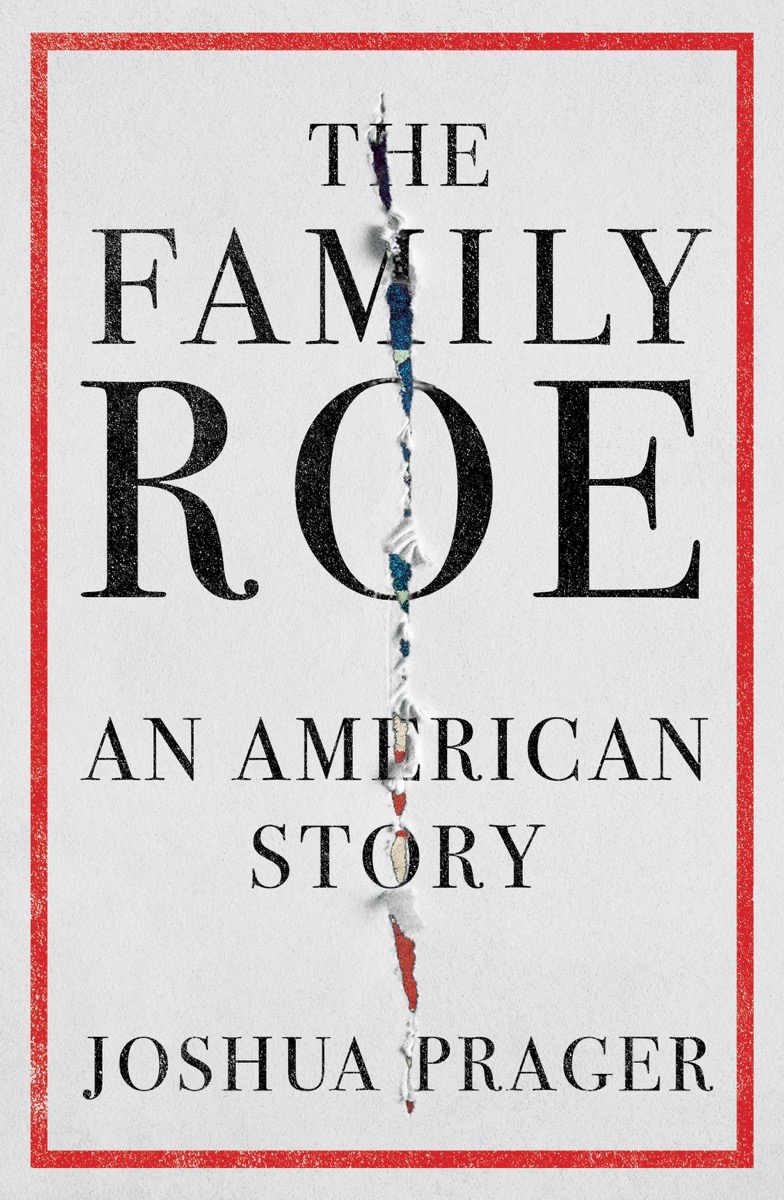Nearly half a century ago, Roe v. Wade secured a woman’s legal right to obtain an abortion. The ruling has been contested with ever-increasing intensity, dividing and reshaping American politics. And yet for all its prominence, the person most profoundly connected to it has remained unknown: the child whose conception occasioned the lawsuit.
Roe’s pseudonymous plaintiff, Jane Roe, was a Dallas waitress named Norma McCorvey. Wishing to terminate her pregnancy, she filed suit in March 1970 against Dallas County District Attorney Henry Wade, challenging the Texas laws that prohibited abortion. Norma won her case. But she never had the abortion. On January 22, 1973, when the Supreme Court finally handed down its decision, she had long since given birth—and relinquished her child for adoption.
The Court’s decision alluded only obliquely to the existence of Norma’s baby: In his majority opinion, Justice Harry Blackmun noted that a “pregnancy will come to term before the usual appellate process is complete.” The pro-life community saw the unknown child as the living incarnation of its argument against abortion. It came to refer to the child as “the Roe baby.”
Of course, the child had a real name too. And as I discovered while writing a book about Roe, the child’s identity had been known to just one person—an attorney in Dallas named Henry McCluskey. McCluskey had introduced Norma to the attorney who initially filed the Roe lawsuit and who had been seeking a plaintiff. He had then handled the adoption of Norma’s child. But several months after Roe was decided, in a tragedy unrelated to the case, McCluskey was murdered.
Norma’s personal life was complex. She had casual affairs with men, and one brief marriage at age 16. She bore three children, each of them placed for adoption. But she slept far more often with women, and worked in lesbian bars.
Months after filing Roe, Norma met a woman named Connie Gonzales, almost 17 years her senior, and moved into her home. The women painted and cleaned apartments in a pair of buildings in South Dallas. A decade later, in 1981, Norma briefly volunteered for the National Organization for Women in Dallas. Thereafter, slowly, she became an activist—working at first with pro-choice groups and then, after becoming a born-again Christian in 1995, with pro-life groups. Being born-again did not give her peace; pro-life leaders demanded that she publicly renounce her homosexuality (which she did, at great personal cost). Norma could be salty and fun, but she was also self-absorbed and dishonest, and she remained, until her death in 2017, at the age of 69, fundamentally unhappy.
